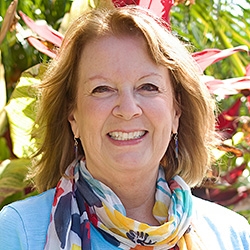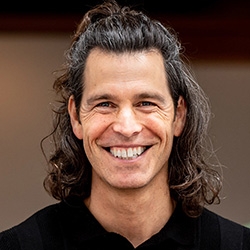
Search Results: doing nvc
-
-
-
As a beginner in NVC, you might find your attempts to practice your NVC only increases conflict, disconnection and upset in your interactions with people. Or perhaps people start seeing you as inauthentic. From there, you may find yourself sinking deeper into self-judgement. In this article, Jim Manske shows us how to shift these potential unintended outcomes, into deeper NVC consciousness that brings in more warmth, presence and open-hearted connection.
-
Could our "need for autonomy" be getting in the way of "partnership consciousness" (as NVC is sometimes called). Could "autonomy" also block healthy relationships with not only ourselves and with others, but also with the planet? This article invites us to consider how "autonomy" may colour our NVC practice at the peril of our critical values. Values such as our care for impact, shared responsibility, interdependence, compassion, consideration, and more...
-
The more we practice NVC by “rote” --going through OFNR (“Observations, Feelings, Needs, Requests”) on automatic-- the more likely our NVC practice would lead to disconnection. The purpose of our NVC practice is to use this NVC "map" (OFNR) to support us in integrating the consciousness of the NVC (eg. operating with the intention to connect, collaborate, etc). Once we let the map drop away, we can engage with the people in our lives in a more heartfelt way. This article explains more about how we can use the map to remind us of our heartfelt consciousness...
-
We're more likely to sacrifice trust, connection, and relationship quality when (1.) We use NVC to focus on being seen, understood, heard, or meeting our own needs in a way that eclipses our view and understanding of others needs; (2.) We don't clearly examine our intentions; and (3.) We use the NVC form so rigidly that it becomes difficult for others to connect with us authentically.
-
Sometimes I hear people say things like, “I didn’t do Compassionate Communication this week.” Or “I tried Compassionate Communication when I was arguing with my wife last week.” Compassionate Communication is not a thing to do, or to pull out of our bag of tricks once in a while. Compassionate Communication is a consciousness of valuing everyone’s needs and of valuing connection more than being right, winning or protecting ourselves. It is a way of living.
-
Listen to Yoram Mosenzan discuss requests. He asserts that we can make requests of others and that we are making requests of ourselves throughout the day. The thing that has the biggest impact is how I make requests of myself.







